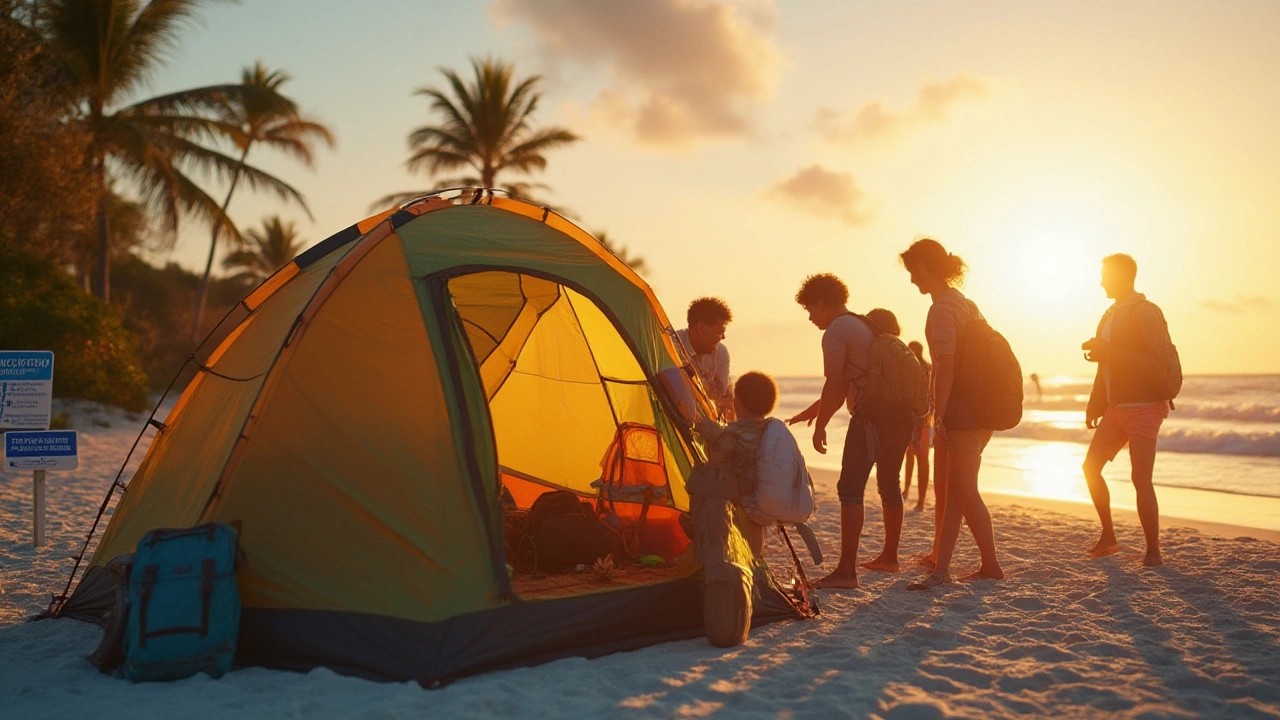Wild Camping Florida: What You Need to Know Before You Go
Thinking about sleeping under the stars in the Sunshine State? Wild camping in Florida can be a great way to see the coast, the woods, and the Everglades without paying for a pricey campground. But before you park your RV or set up a tent, you need to know the rules, the best spots, and how to stay safe. Let’s break it down so you can enjoy a legal, low‑cost adventure.
Is Wild Camping Legal in Florida?
Florida doesn’t have a statewide “right to roam” law, so you can’t just camp anywhere you like. Public lands managed by the state, like state parks, usually require a campsite reservation or a day‑use fee. However, many county parks, wildlife management areas, and even some national forest lands allow dispersed or “primitive” camping for free or a small fee. The key is to look for signs, check the agency’s website, or call ahead. If you’re on private property, always ask the owner for permission—you’ll avoid a fine and a confrontation.
Top Free Camping Spots in Florida
Here are a few places where you can legally pitch a tent without breaking the bank:
1. Ocala National Forest – The forest has several primitive campsites along the rivers and in the sandhills. No reservation needed, but you must practice Leave No Trace and keep the fire in a portable stove.
2. Big Cypress National Preserve – Offers dispersed camping on a first‑come, first‑served basis. Arrive early, especially in winter, to snag a spot near the boardwalks.
3. County Parks – Many counties, like Pinellas and Alachua, have “primitive camping” areas where you can stay for a night or two for a nominal fee. Look for the “primitive campground” label on the county’s website.
4. Biking Trails and State Forests – Trails like the Withlacoochee State Trail have nearby forest land where you can set up a low‑impact camp for a night. Just make sure you’re not within 200 feet of a road or private residence.
Remember, each spot has its own rules about fires, waste, and pets. Follow them, and you’ll keep the area open for everyone.
While you’re out there, keep these safety tips in mind: bring plenty of water (Florida can be hot and humid), pack a reliable mosquito repellent, and watch the weather—thunderstorms roll in fast in summer. A simple tarp, a good sleeping bag rated for 45 °F, and a portable solar charger will make your stay comfortable without a lot of gear.
Finally, respect the environment. Pack out everything you bring in, use a portable toilet or the “cat hole” method far from water sources, and limit campfires to a small stove. These habits keep the land beautiful and keep you out of trouble with rangers.
Wild camping in Florida isn’t a mystery once you know where to look and how to act. With the right preparation, you’ll get to explore hidden beaches, pine flatwoods, and swamps while keeping costs low. So grab your backpack, check the local rules, and hit the road – the Sunshine State’s wild side is waiting for you.
Florida Beach Camping Laws: Can You Legally Camp on the Beach?
Is beach camping legal in Florida? Learn about state laws, tips, and where you can set up your tent for an unforgettable night by the sea.
